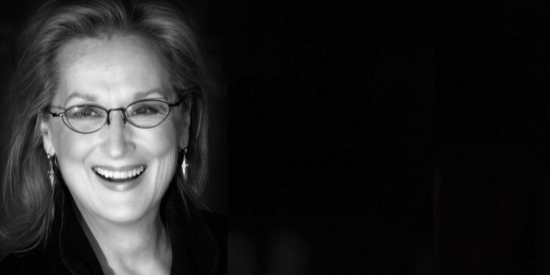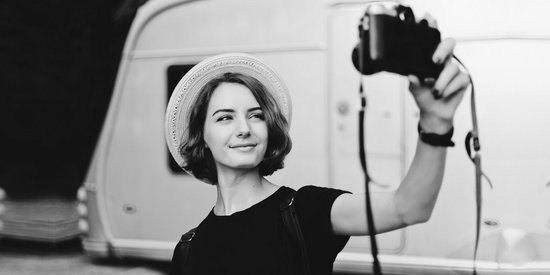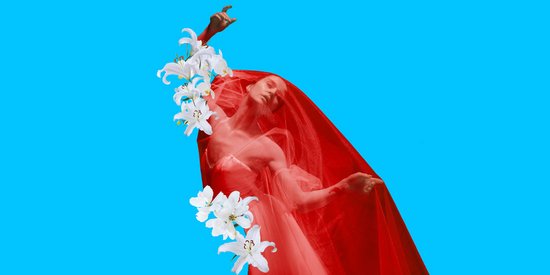How many times have you said: “I just want to be happy?” How many times have you said to someone else: “I just want you to be happy?”
If you Google the phrase “how to be happy,” you will get around 207 million hits. Scary, isn't it? If you ask people what happiness is, and what it means to them, you'll probably get lots of different answers to your question. Some would say that happiness means being rich, for example. Others would say that for them, happiness means being healthy. Some people say that for them happiness means having found love in their life, having lots of friends, having a good job.
Is happiness a physical reaction?
Does happiness depend on some outer circumstance, or is it some kind of inner, mental, emotional nature or condition? All of these factors could be triggers leading to the experience.
But is it enough to sit cross-legged to achieve happiness?
Could relaxation be one of the keys to this state of consciousness? In personal fulfillment, consciousness brings us back tirelessly to the fact that we have the choice between the happiness or unhappy "stress factors"
Famous philosophers such as Epicurus, explain to us that happiness cannot be achieved through excesses... Epicurean philosophy is, above all, a doctrine of happiness, an “art of living" as a culture of happiness. Physically learning to be satisfied with very little, and which Pierre Hadot calls “spiritual exercises.”
Here is an excerpt from "The Man Who Wanted to Be Happy," a summary of the book by Laurent Gounelle, famous philosopher and writer. “The Man Who Wanted to Be Happy” puts happiness back at the center of our concerns. When man disconnects from nature and feeds on the frenzy of modern society, he exhausts his vital energy and his faculties of recuperation. He then loses the essence, his ability to minimize problems….
Many thinkers have considered the nature of happiness over the centuries.
In his book. Eckhart Tollé asks if the power of the present moment allows us to achieve happiness by applying a lifestyle based on the present moment.
Or, ask the Dalai Lama if he is happy, and he will answer "yes" without hesitation, because according to him, happiness is the goal of our entire existence.
The Dalai Lama wrote an entire book about it: The Art of Happiness.
“If you want to be happy,” he informs us, “practice compassion.” He also associates happiness with cultivating a disciplined mind and making the best use of our allotted time.
So, let's think about what really has value in life, what gives meaning to our lives and set our priorities based on that. The purpose of our life must be positive. We weren't born to cause trouble, to harm others. For our lives to have value, I think we need to develop good basic human qualities: warmth, kindness, compassion. Then our life becomes meaningful and more peaceful, happier. The Art of Happiness by Hufingspot.
With so much information, many of us opt, consciously or not, for the fatalism "you can't be happy every day, that's just how it is".
And yet we all need happiness, a breath of fresh air in this anxiety-provoking society. What emotional experiences should people pursue to optimize their happiness? For neurologists, happiness is the experience of a flood of hormones released in the brain, such as dopamine, serotonin, endorphins, oxytocin... For behaviorists, happiness is a cocktail of emotions we experience when we do something good or positive.
According to traditional research on subjective well-being, the more pleasant emotions we experience, the happier we are. According to Aristotle, the more we experience the emotions we want to experience, the happier we are.
How can we achieve this state of well-being?
One solution is to increase pleasure and decrease pain (Kahneman, 1999). In fact, some psychologists argue that happiness involves maximizing pleasant emotions and minimizing unpleasant emotions.
Perhaps the best way to start defining happiness is to define what it is not. Meryl Streep did that in her own way. See what she has to say about her path to happiness here.









